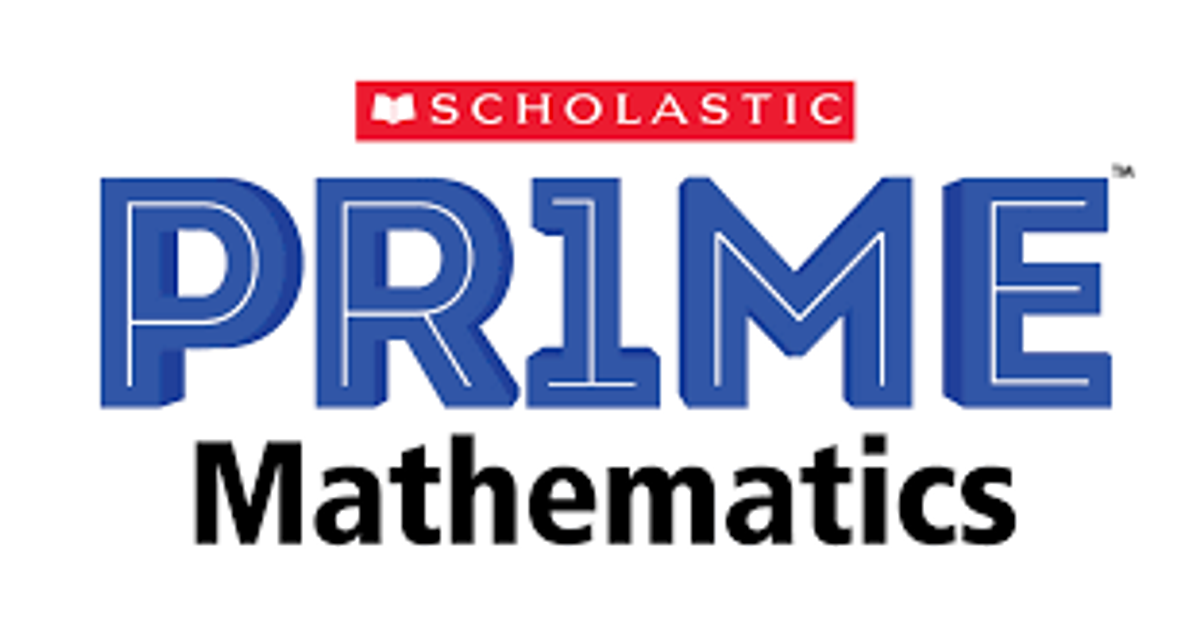Mathematics
Maths at Sacred Heart

Mathematics
Maths at Sacred Heart
At Sacred Heart, we are committed to using best practice in Mathematics and delivering high-quality, evidence based teaching. This term, we have been trialling the PR1ME Mathematics program in Year 6. PR1ME Mathematics is an evidence based program designed to develop strong mathematical thinkers and confident problem solvers. It draws on proven teaching methods from high performing countries such as Singapore.
PR1ME supports students to build deep mathematical understanding through:
A spiral curriculumKey concepts are revisited and deepened over time, helping students retain knowledge and apply learning with confidence.
This approach helps students not only arrive at the correct answers but also understand how and why mathematics works, building confidence, fluency, and strong problem-solving skills.
PR1ME has recently been introduced in New Zealand schools, and we are excited to see what we can learn from this trial and how it may complement and strengthen our current Mathematics program here at Sacred Heart.


Students are strongly encouraged to continue developing their number skills at home by using NumBots and/or practising multiplication facts through Times Table Rock Stars. Regular recall practice plays a key role in strengthening their mathematical foundations.
In addition to Time Table Rock Stars and NumBots here are some great resources to help reinforce key skills in an enjoyable way:
“Fluency in maths comes from practice, but understanding comes from curiosity.”
Building strong mathematical skills isn’t just about learning new concepts — it’s about making key skills automatic. Automatic recall of number facts, times tables, and simple calculations frees up your child’s working memory, allowing them to focus on problem-solving, reasoning, and creative thinking.
Every small effort strengthens the foundation for future success. Mistakes are part of learning they help children notice patterns, try new strategies, and build resilience.
Mak Bulte
Maths Leader